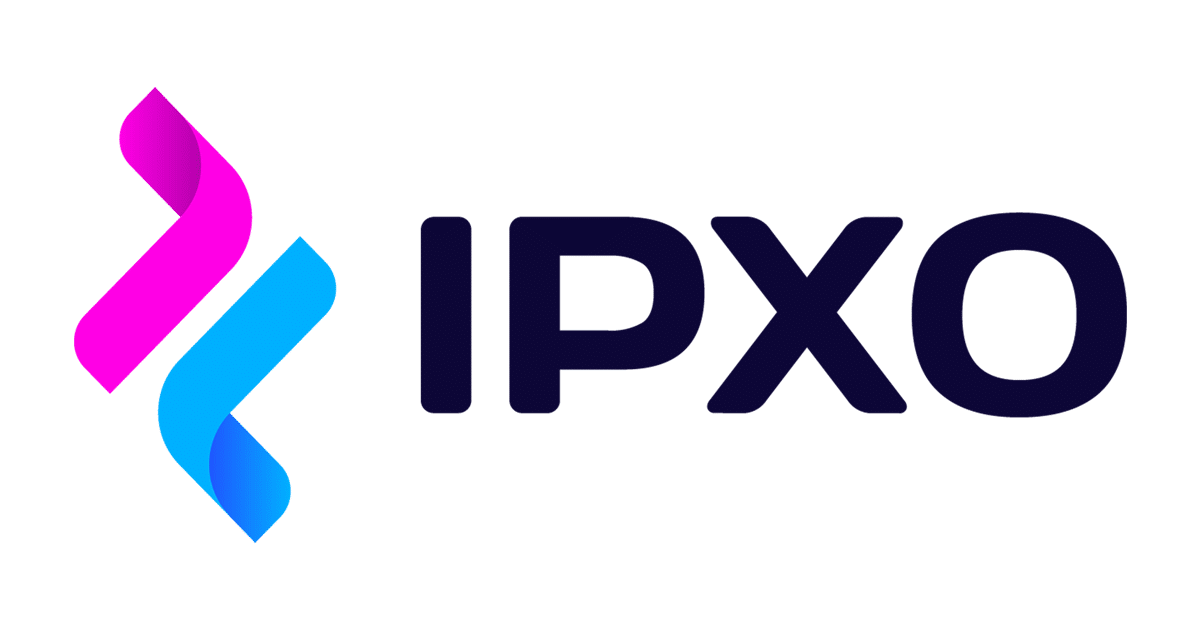In our 5 minutes with profiles, MEF members talk about their business, their aspirations for the future and the wider mobile industry.
This week, Co-Founder Vincentas Grinius introduces all-in-one Internet Protocol platform IPXO.
What does IPXO do?

We operate the world’s largest fully automated platform for IPv4 (and IPv6) address leasing and monetization, connecting organizations with unused IP resources to businesses needing scalable address space. Our platform simplifies the process – from validating IP holders and onboarding resources to issuing lease contracts in seconds, without manual intervention. We offer comprehensive IP management tools such as RPKI – based route validation, real-time reputation monitoring using over 80 engines, and automated abuse prevention systems. Our customers benefit from clean, trusted IP space with fast provisioning, transparent metrics, and protection against blocklisting and abuse.
In short, IP holders monetize their unused IPs securely while lessees gain flexible access to reliable IP resources – all backed by enterprise-grade IPAM and compliance infrastructure.
When did you launch and what growth have you seen?
IPXO launched in August 2021, so we’re approaching four years of operation. The growth has been remarkable – we now manage over 7.5 million IP addresses on our platform, making us the largest platform globally. We’ve successfully distributed millions of IP resources to a broad base of B2B clients across diverse industries and assigned a substantial number of ASNs. What’s particularly notable is that our IP pool continues growing as more organizations recognize the value of monetizing their unused address space.
What are your main goals?
IPXO’s primary objectives are rooted in solving the IPv4 scarcity problem by enabling efficient leasing as an alternative to outright purchases, thereby making address space more accessible and cost-effective for businesses. Our platform simplifies IP resource management by combining leasing, monetization, reputation monitoring, RPKI delegation, and abuse prevention into one fully automated solution, reducing reliance on spreadsheets and fragmented workflows. We are committed to industry leadership and greater transparency, working closely with all Regional Internet Registries and aiming to evolve into a Commercial RIR that bridges fragmented IP policies with a unified, compliant framework
Where do you see your company in three years’ time?
Over the coming three years, IPXO aims to become the global leader in automated IP resource management, establishing our platform as the trusted backbone for IP leasing, reputation monitoring, and technical governance. We will continue integrating AI-driven tools and APIs to enhance user workflows and deepen platform sophistication while adapting to evolving market needs through customer feedback and data insights. We envision expanding our influence in global IP management by advocating for transparent and standardized industry practices alongside regional registries. As businesses increasingly rely on leased IPs to scale efficiently, our goal is to deliver unmatched reliability, automation, and strategic infrastructure support. Ultimately, IPXO aspires to set the standard for trusted, scalable IP leasing and technical resource operations worldwide.
What aspect of mobile is most exciting to you right now?
What excites me most in the mobile space right now is how AI-driven threat intelligence and cybersecurity are converging with next-generation connectivity, especially around 5G-Advanced (5.5G). This isn’t just about faster mobile speeds – it’s about enabling real-time, predictive defense capabilities that anticipate threat behavior before it impacts users. Attackers are increasingly leveraging AI to launch phishing, malware, and social-engineering campaigns that exploit both human psychology and emerging mobile features, making on-device, AI-assisted defenses critical.
Simultaneously, mobile networks and applications are the early targets in broader cyberattacks – effectively serving as the industry’s “canary in the coal mine”. Unified threat intelligence that spans device, network, and backend infrastructure is now essential for enterprises to maintain trust and operational integrity.
As networks become faster and devices smarter, the most thrilling opportunity for me is the fusion of AI, edge computing, and mobile-first security – allowing platforms to proactively detect anomalies, harden communication, and safeguard user data at the source. The result is a new paradigm: mobile devices not only serve as endpoint tools, but become intelligent, adaptive nodes in global threat detection and response systems.
What’s the most critical issue that will hit mobile within the next 12 months?
The most critical issue facing the mobile space over the next year is a security crisis driven by AI-enhanced social engineering and espionage targeting mobile endpoints. Cybercriminals are using generative AI to craft highly credible phishing campaigns – often via voice and deep fake video – to trick users into revealing credentials or installing malicious apps. At the same time, state-sponsored actors are exploiting device-level vulnerabilities to infiltrate smartphones without any action by the user-highlighting how mobile devices have become the prime entry point for espionage and critical infrastructure compromise. Mobile devices now often serve as the first target in broader cyberattacks, making them the “canary in the coal mine” for enterprise breach attempts.
Ultimately, the convergence of AI-accelerated threat sophistication and continued reliance on mobile devices as primary work and personal tools demands a fundamental shift: organizations must view mobile security as mission-critical and deploy real-time, AI-driven defenses – not an afterthought.
Apart from your own, which mobile companies are the ones to watch in the year ahead?
I’m most excited about the mobile companies truly pushing the boundaries of innovation—those building disruptive, next-generation technology from the network layer to the consumer experience. What grabs my attention are companies redefining mobile connectivity, developing satellite-to-phone networks, or offering turnkey telecom-as-a-service platforms. I’m also drawn to firms pioneering AI-native mobile ecosystems that blend 5G, edge computing, and embedded intelligence to deliver smarter, context-aware services. From designing automated MVNO models to reimagining global device connectivity without relying on traditional infrastructure, these are the players shaping the future of mobility. For me, innovation isn’t about standing beside big brands – it’s about rethinking what mobility can become.






